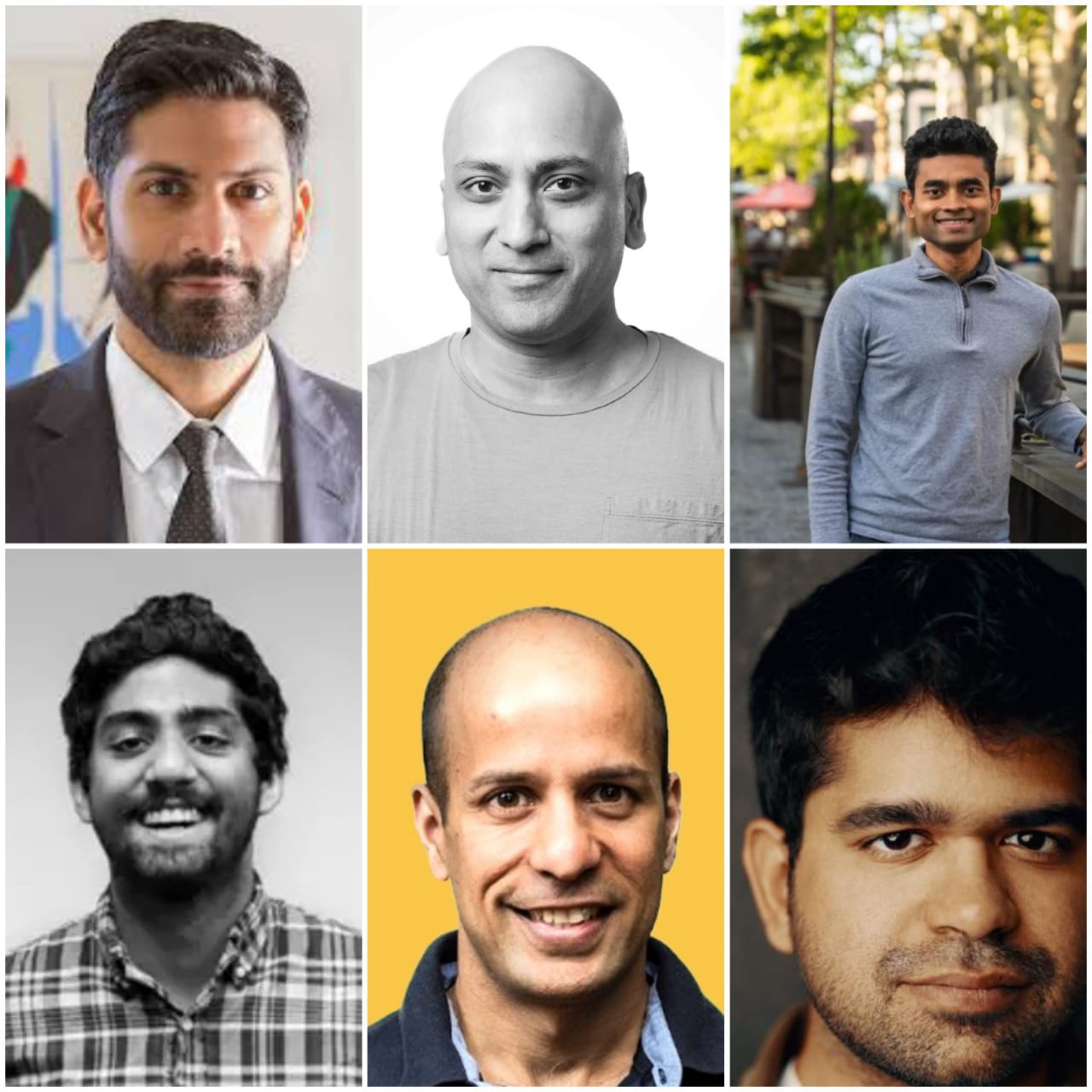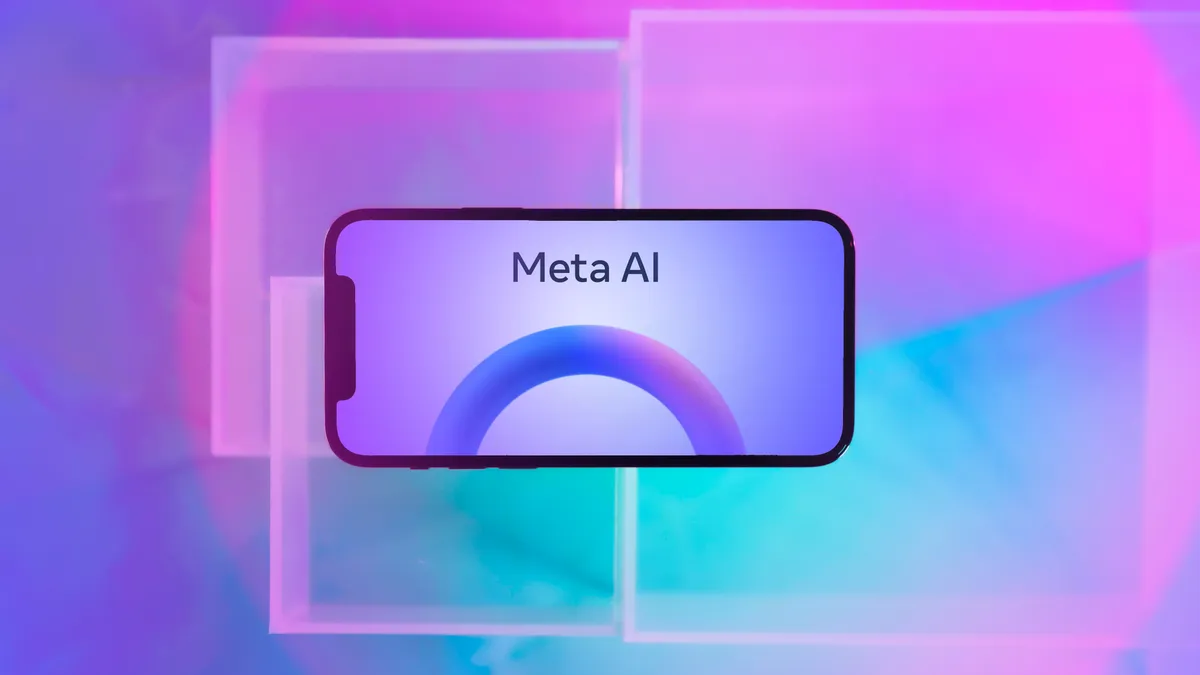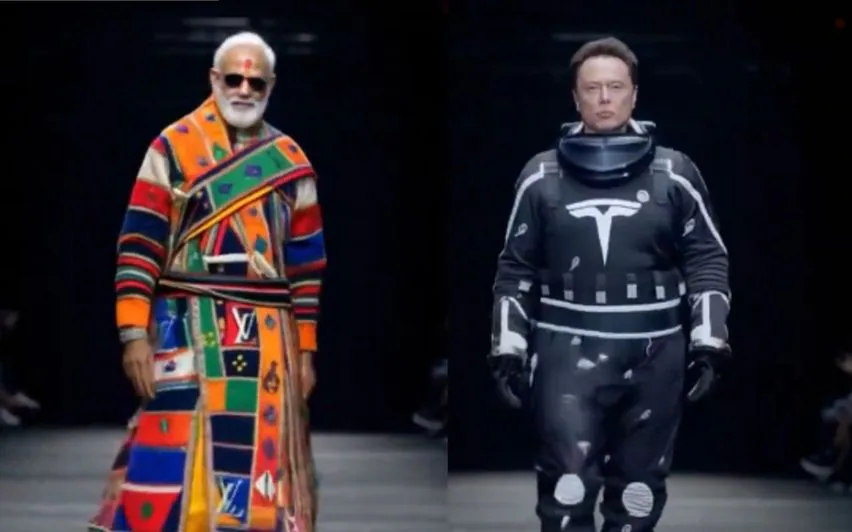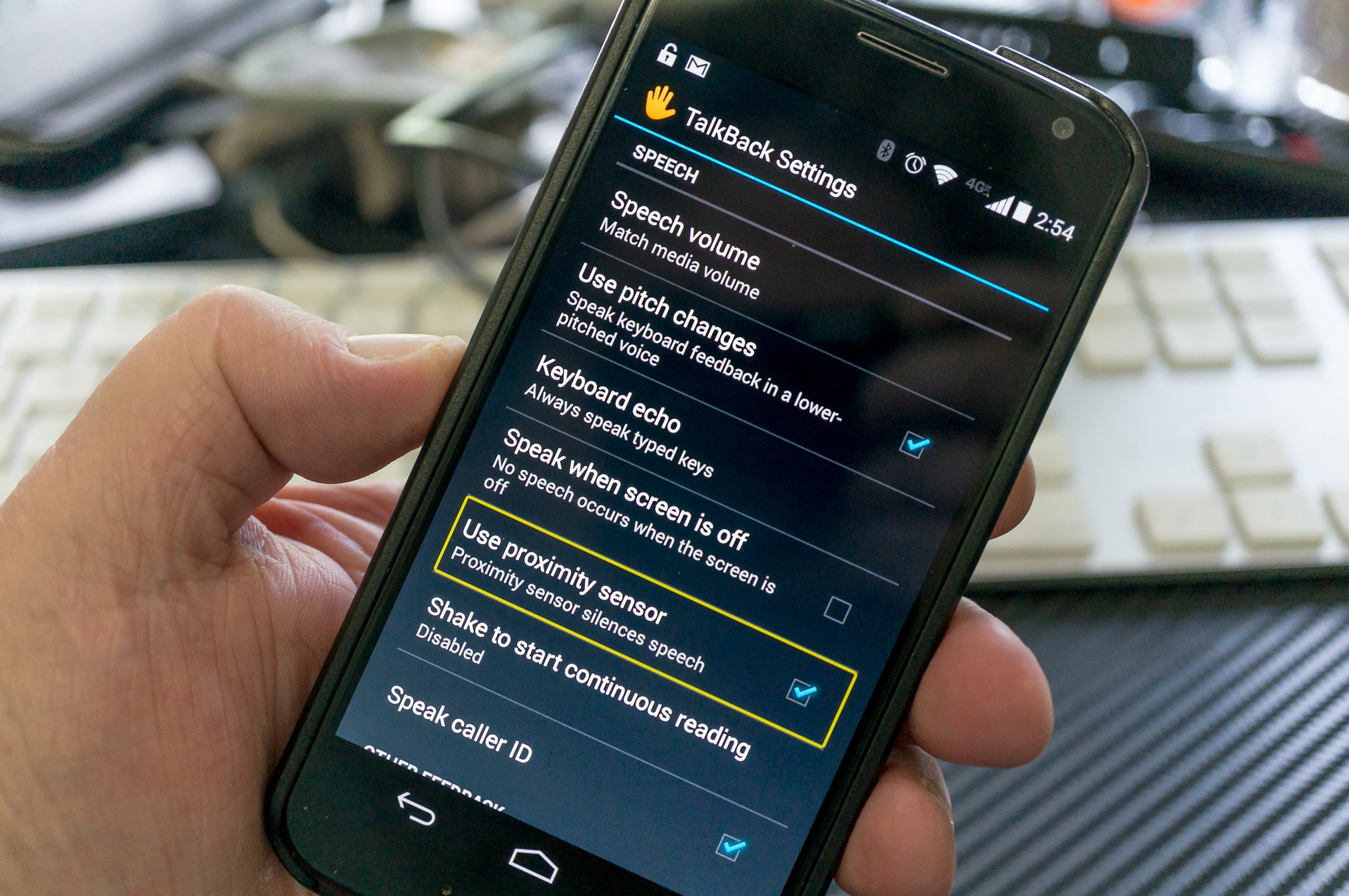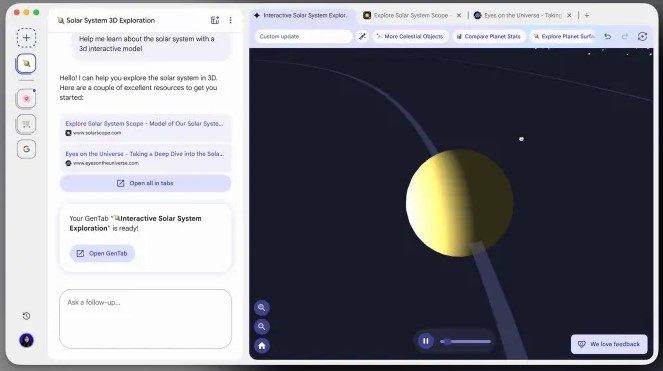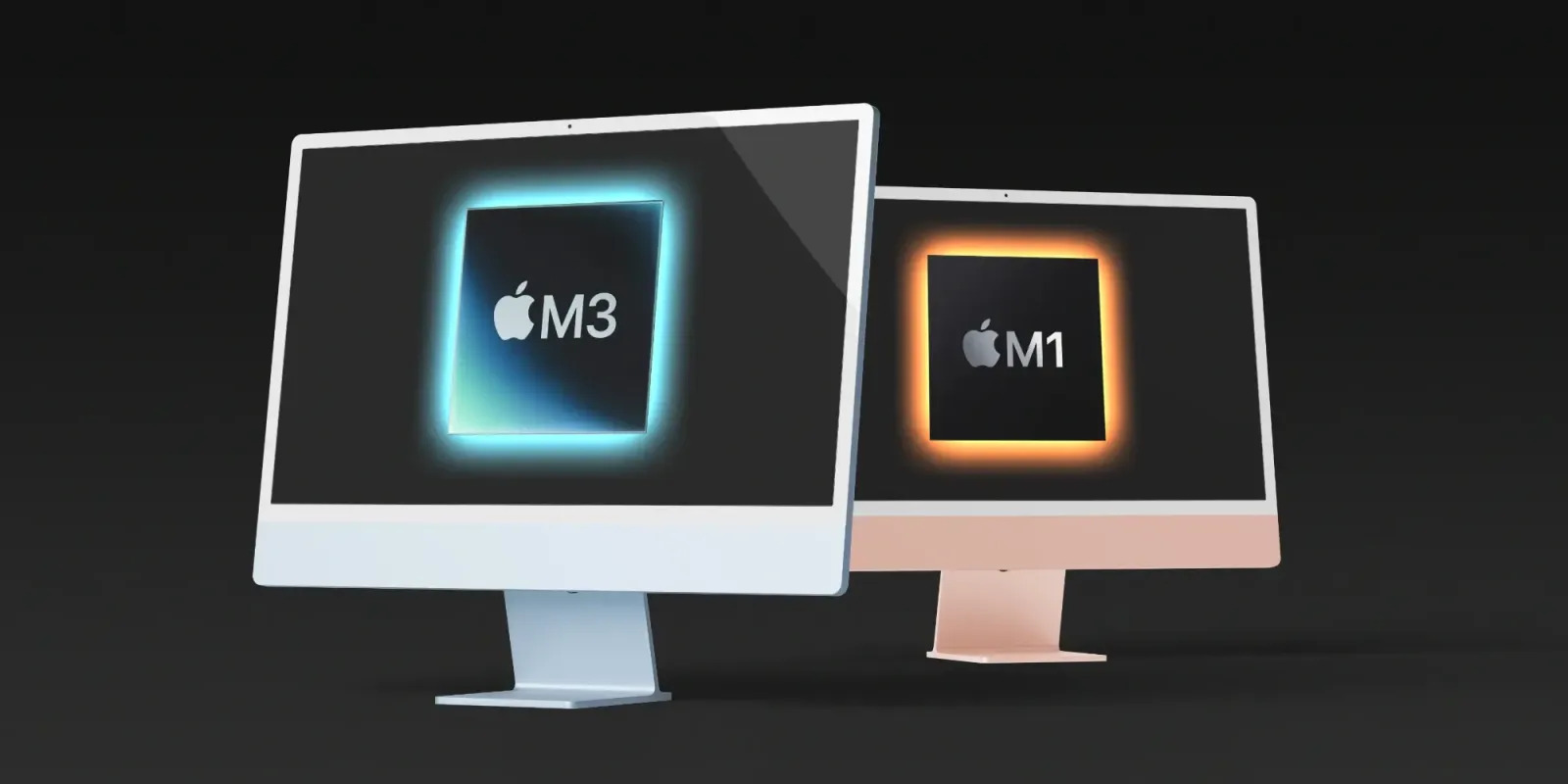Google’s latest products are filled with AI. There’s Magic Editor, a photo editing tool powered by generative AI; there’s Conversation Detection, an audio transparency feature powered by AI; there are improved heart rate algorithms, which, yes, are also powered by AI, according to a report in The Verge.
Seven years of OS updates? Sounds like a great way to get more AI features from Google. New photography features? All AI. Tensor processor? “As always, our focus is on making AI more helpful for everyone, in a way that’s both bold and responsible,” Google’s hardware chief Rick Osterloh said in an introduction that, by my count, included the word “AI” over a dozen times. Over the course of the hour-long launch, Google’s presenters referenced AI over 50 times. Google’s presenters said the phrase “AI” over fifty times during hour-long event, according to The Verge.
As early as 2019, AI was already being used as a buzzword to sell everything from toothbrushes to TVs. But Google’s recent presentations have seen the company aggressively position itself as a leader in the AI space. Critics suggested it had been caught off guard by the overnight success of OpenAI’s ChatGPT and the speed with which competitor Microsoft had integrated the new technology into its products. But in its eagerness to respond, Google risks emphasizing the AI-ness of it all at the expense of the useful features that its customers will actually use.
Osterloh inadvertently illustrated this when he referenced the original 2016 Pixel launch onstage and said how much Google was focused on AI even back then. “Looking around the room here, I see a few people who were at our first Pixel launch seven years ago,” Osterloh said, noting that back then, it had “explained that Pixel is designed to bring hardware and software together, with AI at the center, to deliver simple, fast and smart experiences.”
Except, when you watch Google’s 20-minute presentation on the original Pixel, you didn’t catch anyone actually saying the phrase “AI” onstage. There was a lengthy Google Assistant voice control demonstration, a discussion of computational photography, and even a proud boast that the phone was “made for mobile virtual reality,” but seemingly zero explicit mentions of artificial intelligence.
Osterloh was not lying when he said that the original Google Pixel was AI-powered, but the comparison illustrates how differently Google is talking about its products and services in 2023 versus 2016. There are moments in that original Pixel launch where the Google of today would surely utter “AI,” like when product manager Brian Rakowski referred to the camera’s “incredible on-device software algorithms.” But Google’s 2016 presentation is less worried about changing perception about the company’s technical prowess and more concerned with what those features mean for potential buyers.
The difference is even more stark when compared with Apple’s presentations, in which the company seems to actively avoid saying the two magic letters. As my colleague James Vincent pointed out earlier this year, Apple still makes reference to technology that many other companies would call AI, according to The Verge.

















